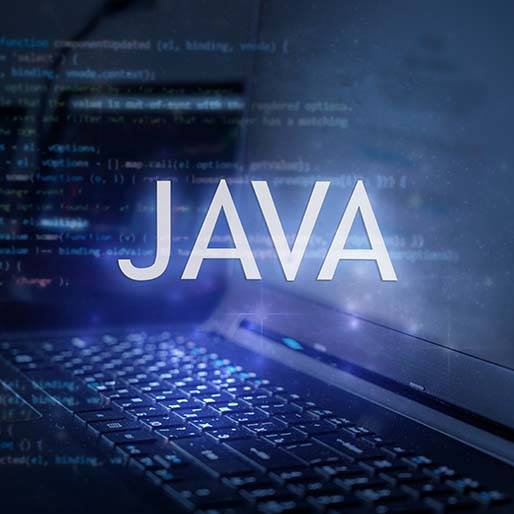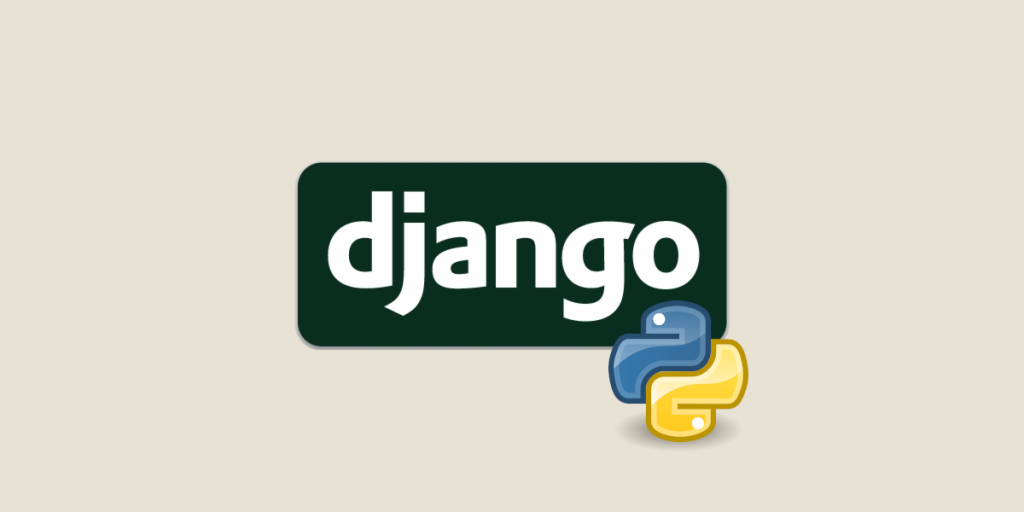Description
Introduction
Java is one of the most widely used programming languages for building scalable, high-performance applications. From enterprise software and mobile applications to cloud-based solutions and microservices, Java’s versatility makes it a top choice for developers worldwide.
This comprehensive training is designed to take participants from the fundamentals of Java programming to advanced concepts, including object-oriented programming (OOP), multi-threading, database connectivity, and frameworks such as Spring and Hibernate. With a hands-on approach, learners will gain practical experience in writing efficient, maintainable, and scalable Java applications.
By the end of this course, participants will be well-equipped to develop complex Java applications, understand best coding practices, and apply their skills to real-world projects.
Prerequisites
- No prior programming experience is required for beginners.
- Basic knowledge of any programming language is beneficial but not mandatory.
- Familiarity with fundamental computing concepts such as variables, loops, and functions is helpful.
- A computer with Java Development Kit (JDK) installed for hands-on practice.
Table of Contents
1. Introduction to Java and Development Environment
1.1 Overview of Java and its significance in modern development
1.2 Setting up Java Development Kit (JDK) and Integrated Development Environments (IDEs)
1.3 Writing and running the first Java program
1.4 Understanding Java syntax and structure
2. Java Fundamentals
2.1 Data types, variables, and constants
2.2 Operators and expressions
2.3 Control flow statements: loops and conditional statements
2.4 Arrays and string manipulation
3. Object-Oriented Programming (OOP) in Java
3.1 Principles of OOP: Encapsulation, Inheritance, Polymorphism, and Abstraction
3.2 Defining classes and objects
3.3 Constructors and method overloading
3.4 Access modifiers and encapsulation
4. Exception Handling and Debugging
4.1 Understanding errors and exceptions
4.2 Try-catch blocks and exception hierarchy
4.3 Custom exceptions and best practices
4.4 Debugging techniques and logging in Java
5. Java Collections Framework
5.1 Lists, Sets, and Maps: Understanding Java collections
5.2 Iterators and lambda expressions
5.3 Sorting and searching data structures
5.4 Performance considerations in collection usage
6. File Handling and Input/Output Operations
6.1 Reading and writing files in Java(Ref: Java FullStack with React JS: Comprehensive Bootcamp)
6.2 Working with streams and serialization
6.3 Handling large datasets efficiently
6.4 Best practices for file handling in enterprise applications
7. Multi-threading and Concurrency
7.1 Introduction to multi-threading in Java
7.2 Creating and managing threads
7.3 Synchronization and thread safety
7.4 Executors and concurrent utilities
8. Java Database Connectivity (JDBC) and SQL Integration
8.1 Setting up JDBC and database connections
8.2 Executing SQL queries from Java applications
8.3 Managing transactions and connection pooling
8.4 Integrating with relational databases like MySQL and PostgreSQL
9. Java Networking and Web Services
9.1 Working with Java sockets and network programming
9.2 Introduction to RESTful and SOAP web services
9.3 Consuming APIs with Java
9.4 Security considerations in networked applications
10. Introduction to Java Frameworks: Spring and Hibernate
10.1 Overview of Spring Framework and its components
10.2 Dependency injection and Spring Boot basics
10.3 ORM with Hibernate and JPA
10.4 Creating a simple web application using Spring and Hibernate
11. Advanced Java Concepts and Best Practices
11.1 Functional programming with Java Streams and Lambda expressions
11.2 Performance optimization and memory management
11.3 Secure coding practices in Java
11.4 Design patterns and best practices for scalable Java applications
12. Hands-on Project and Final Assessment
12.1 Developing a real-world Java application
12.2 Code review and performance optimization
12.3 Deploying Java applications
12.4 Final Q&A and certification assessment
Conclusion
By completing this training, participants will gain a thorough understanding of Java programming, from core fundamentals to advanced concepts. They will be able to develop robust, scalable, and maintainable applications while following industry best practices.
This course equips learners with practical coding skills, real-world project experience, and the ability to integrate Java with databases, web services, and frameworks. Whether aiming for a career in software development, backend engineering, or full-stack development, this training provides the essential knowledge to succeed in the ever-evolving tech landscape.







Reviews
There are no reviews yet.